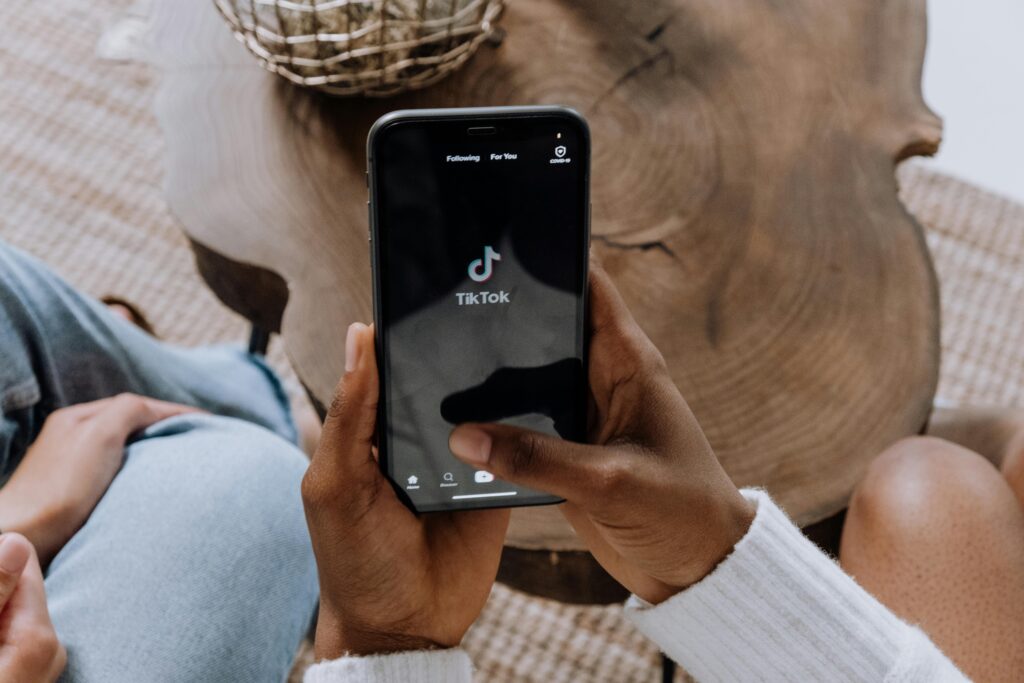The U.S. Department of Justice (DOJ) has filed a lawsuit against the popular social media platform TikTok and its parent company, ByteDance, for alleged violations of children’s privacy protection laws. The lawsuit claims that TikTok collected personal information from children under 13 without obtaining parental consent, thereby breaching the Children’s Online Privacy Protection Act (COPPA).
The core of the lawsuit is centered around TikTok’s alleged failure to comply with COPPA, which mandates that companies must obtain verifiable parental consent before collecting personal information from children under 13. According to the DOJ, TikTok has been allowing children to create accounts outside of its “Kids Mode” since 2019. This mode is specifically designed for users under 13 and includes features to protect their privacy. However, the DOJ alleges that TikTok did not implement sufficient policies and processes to identify and disable accounts created by children under 13.
The DOJ argues that TikTok’s practices have exposed millions of young users to extensive data collection and privacy risks. The lawsuit states that these practices have allowed children to access adult content and interact with adult users, significantly increasing the potential for privacy violations and harmful interactions.
The DOJ’s investigation revealed that TikTok not only collected data without proper consent but also failed to delete personal information when requested by parents, as required by COPPA. The complaint details instances where TikTok misled parents and users about its data collection policies and did not provide adequate notice regarding what data was being collected and how it was being used.
An example cited in the complaint involved a high-level employee acknowledging that TikTok had “actual knowledge” of children using the platform but did not delete their accounts upon receiving parental requests. This non-compliance persisted despite direct communication between TikTok’s former CEO and the executive responsible for child safety issues in the United States.

The lawsuit, filed in the U.S. District Court for the District of Columbia, seeks civil penalties and injunctive relief to prevent further violations. Acting Associate Attorney General Benjamin C. Mizer emphasized the department’s concern over TikTok’s continued collection and retention of children’s personal information despite previous court orders barring such conduct.
“The Department is deeply concerned that TikTok has continued to collect and retain children’s personal information despite a court order barring such conduct,” Mizer stated. “With this action, the Department seeks to ensure that TikTok honors its obligation to protect children’s privacy rights and parents’ efforts to protect their children.”
In response to the lawsuit, TikTok expressed disagreement with the allegations, claiming that many relate to past events and practices that have been addressed. The company asserted its commitment to protecting children’s privacy and ongoing efforts to update and improve the platform.
“We are proud of our efforts to protect children, and we will continue to update and improve the platform,” TikTok stated.
This is not the first time TikTok has faced scrutiny and penalties for its data practices. In September, the Irish Data Protection Commission (DPC) fined TikTok $368 million (€345 million) for violating the privacy of children aged 13 to 17 under the European Union’s General Data Protection Regulation (GDPR). The DPC found that TikTok employed “dark patterns” during the registration and posting processes, subtly guiding users to select options that compromised their privacy.
Additionally, in January 2023, France’s data protection authority (CNIL) fined TikTok $5.4 million (€5 million) for insufficiently informing users about its use of cookies and making it difficult to opt out.
Conclusion
The DOJ’s lawsuit against TikTok highlights ongoing concerns about the platform’s data collection practices, particularly regarding the protection of children’s privacy. As the case progresses, it will be crucial to monitor how TikTok responds and what measures it implements to ensure compliance with COPPA and other privacy regulations. The outcome of this lawsuit could have significant implications for the platform’s future operations and its handling of user data, especially that of minors.




